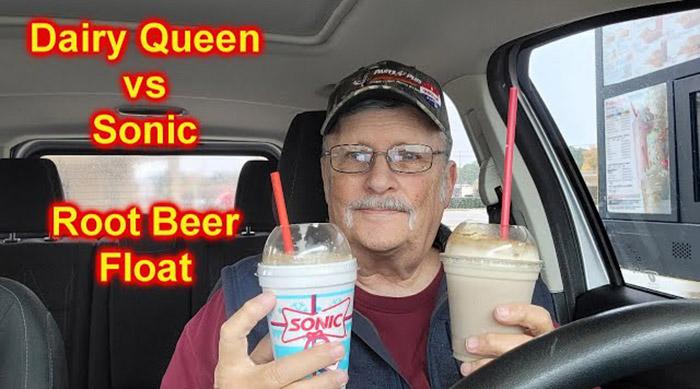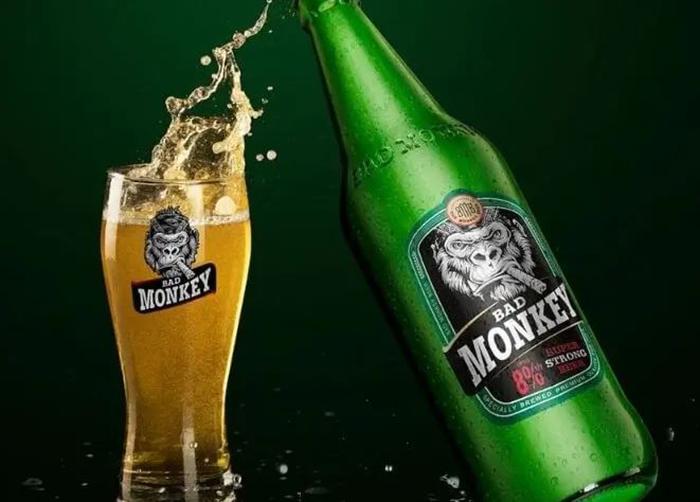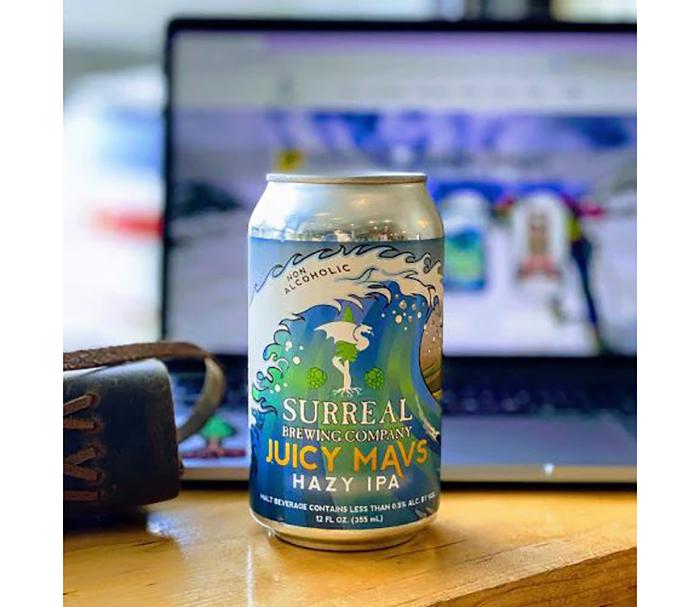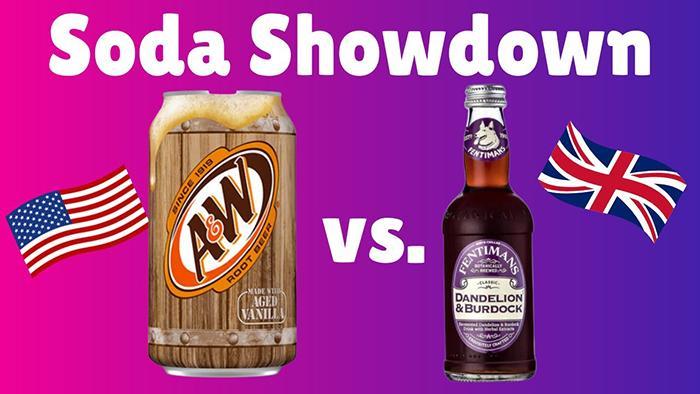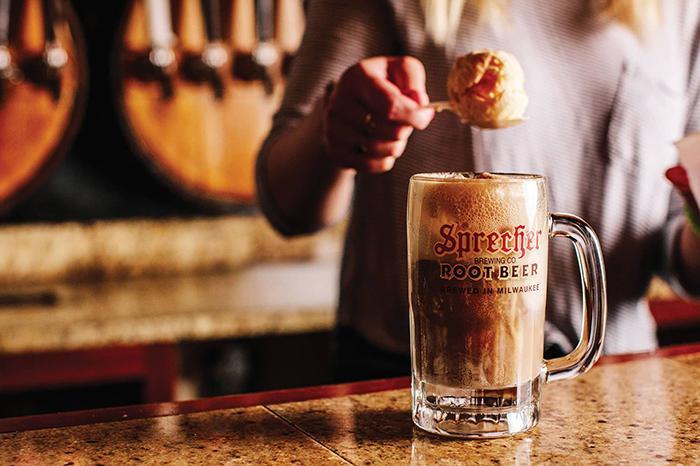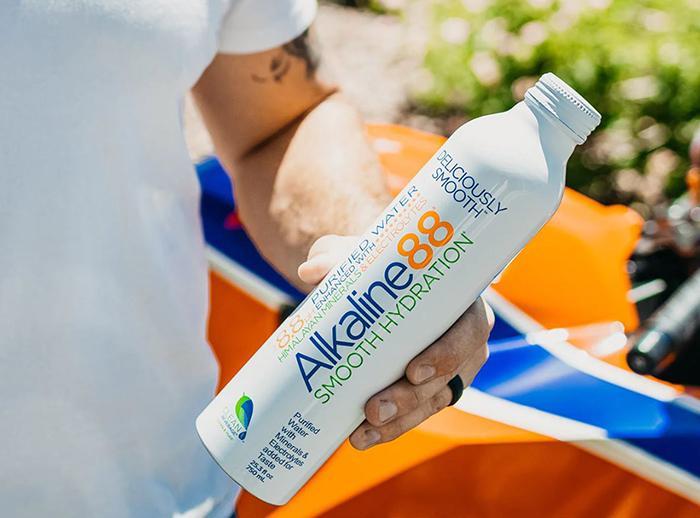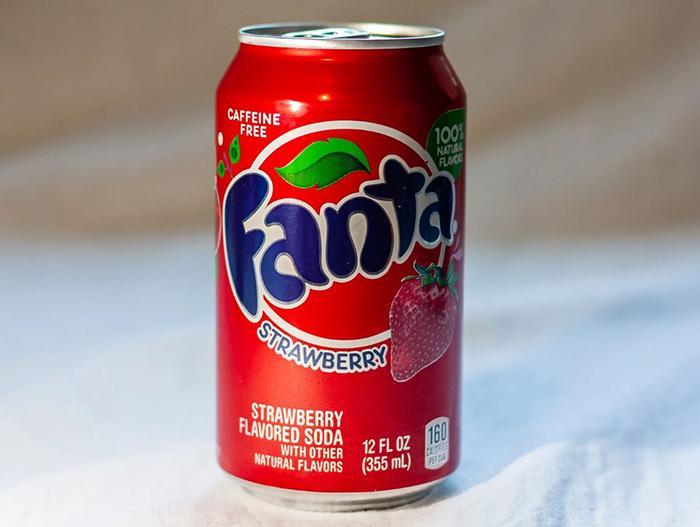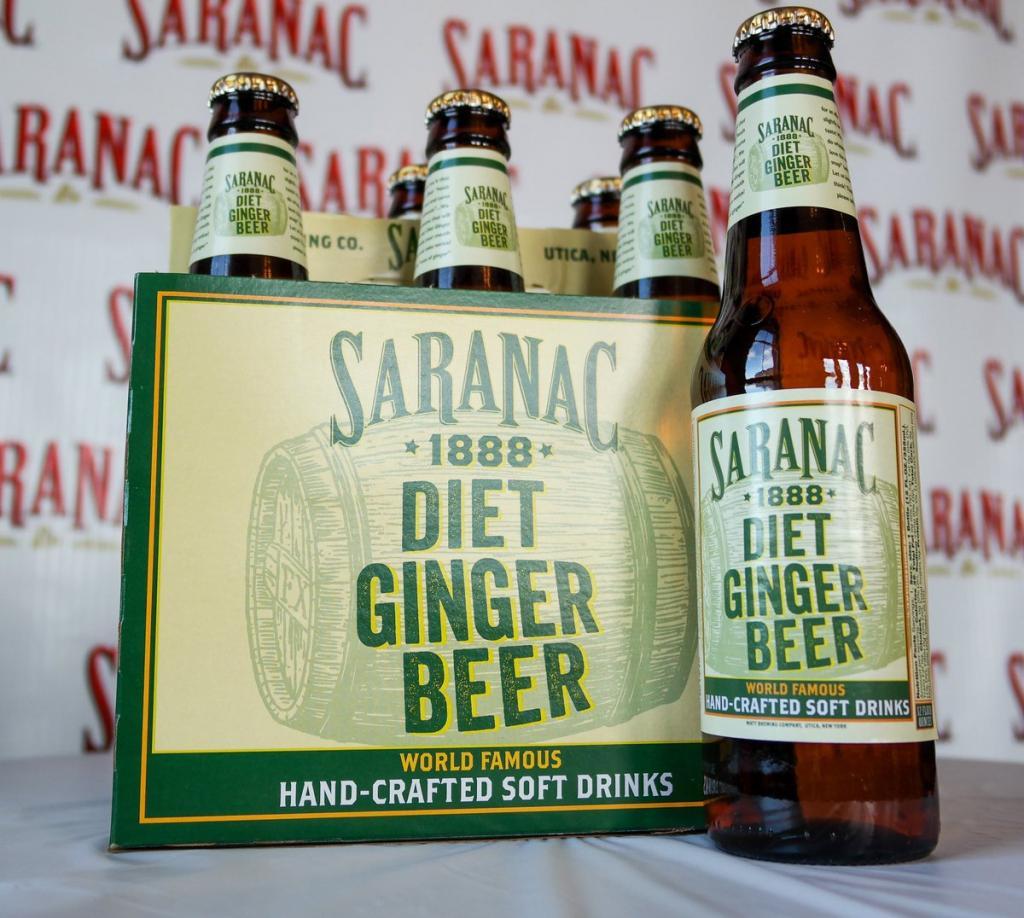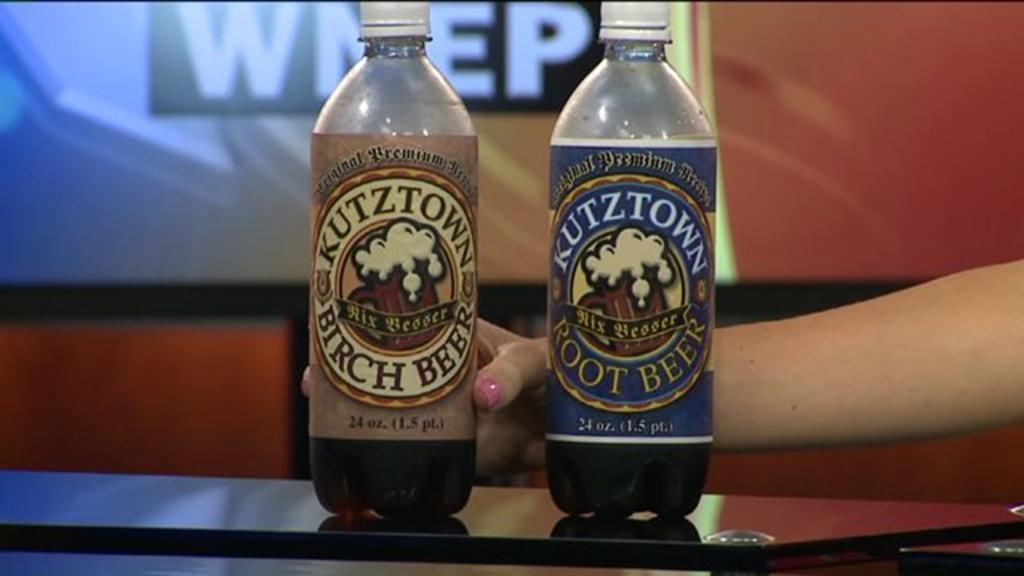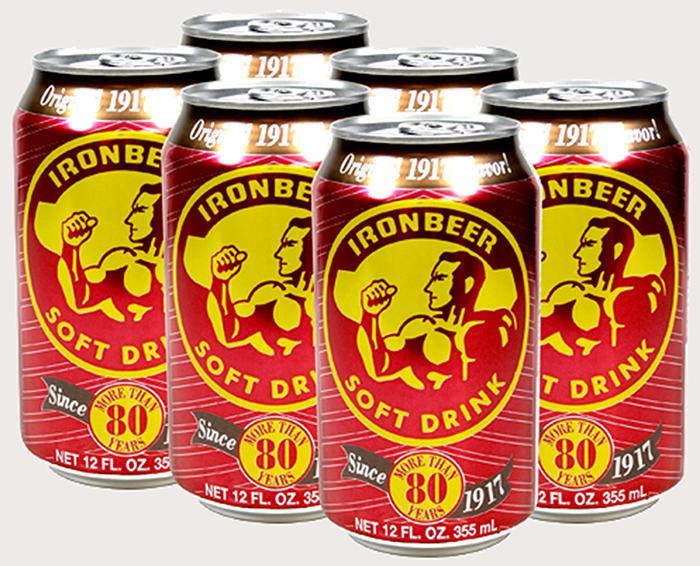“Can Kids Drink Non-Alcoholic Beer?” It’s a question that has stumped many parents and caregivers. Despite being labeled as non-alcoholic, these beverages still contain trace amounts of alcohol, potentially posing health concerns for young drinkers.
This blog aims to provide clarity on this complex topic by delving into the risks involved in allowing children to drink non-alcoholic beer and offering safer alternative beverages.
You Are Watching: Can Kids Drink Non Alcoholic Beer Updated 01/2026
Stick around – it’s time to explore an untapped aspect of child safety!
The Risks of Giving Kids Non-Alcoholic Beer
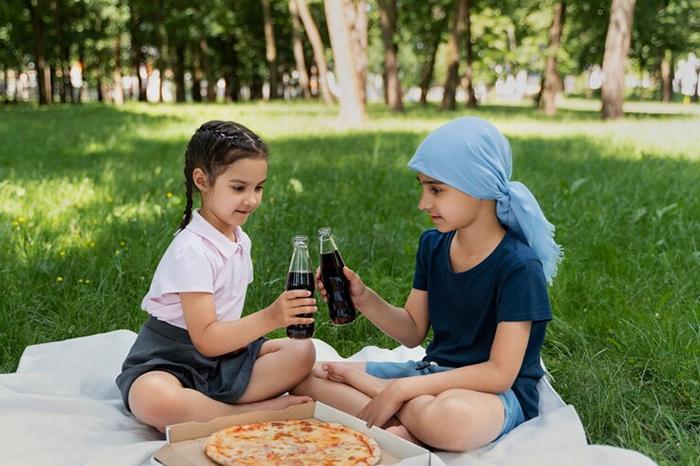
Giving kids non-alcoholic beer can potentially lead to the development of an unhealthy relationship with alcohol, confusion about the effects of alcohol, and normalization of underage drinking.
Potential for developing an unhealthy relationship with alcohol
Introducing non-alcoholic beer to children can inadvertently pave the way for an unhealthy relationship with alcohol. Despite being dubbed as “non-alcoholic,” these beverages often contain trace amounts of alcohol, exposing young consumers to its taste and potential effects.
Just like conditioning a palate to enjoy bitter greens or spicy foods, getting kids used to the distinct bitter taste of hops found in non-alcoholic beer might increase their acceptance and desire for alcohol as they grow older.
Experts warn about this risk, concerned that it could lead to at-risk alcohol use in later life stages. This is due largely because early exposure can normalize the act of drinking, making it seem less consequential or problematic than it actually is.
Furthermore, letting children sip on nonalcoholic beers sends mixed messages about underage drinking – essentially normalizing an activity usually reserved for adults only. It’s crucial for parents to understand these implications and think critically before allowing their kids a casual swig from their ‘seemingly harmless’ non-alcoholic brews.
Confusion about the effects of alcohol
Children drinking non-alcoholic beer may develop confusion about the effects of alcohol. While these beverages contain only trace amounts of alcohol.
Children might mistakenly assume that non-alcoholic beer is completely safe and fail to recognize the potential risks associated with alcohol consumption. This confusion can make it difficult for them to differentiate between alcoholic and non-alcoholic drinks in social settings or later in life when they are exposed to liquor.
Educating children about the effects of alcohol and promoting responsible choices regarding beverage consumption is crucial in preventing underage drinking and fostering a healthy relationship with alcohol as they grow older.
Alternatives to Non-Alcoholic Beer for Kids
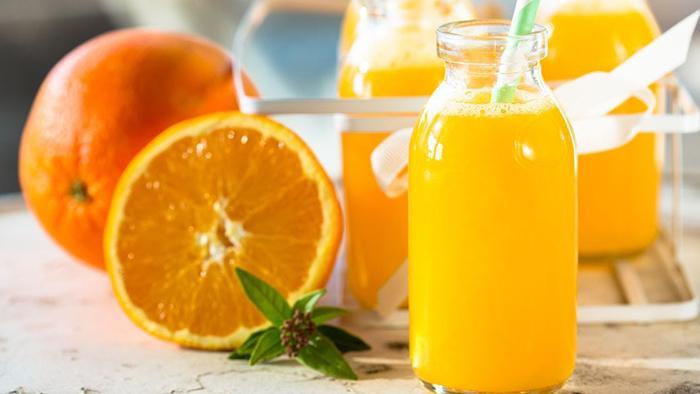
Mocktails and non-alcoholic beverages
Mocktails and non-alcoholic beverages are great alternatives to non-alcoholic beer for kids. These options provide the excitement of a fun drink without any alcohol content.
Here are some popular choices:
- Mocktails: Mocktails are alcohol-free versions of cocktails and can be made with various fruit juices, soda, and flavored syrups. Kids can enjoy refreshing mocktails like virgin mojitos, Shirley Temples, or fruity punches.
- Non-alcoholic sodas: There is a wide range of non-alcoholic sodas available in the market that offer a plethora of flavors such as cola, lemon-lime, ginger ale, and cream soda. These bubbly drinks can satisfy children’s cravings for carbonation without any alcohol content.
- Fruit juices: Freshly squeezed fruit juices like orange juice, apple juice, or pineapple juice are always a hit with kids. These natural beverages are not only delicious but also packed with essential vitamins and minerals.
- Flavored water: Infusing water with fruits like strawberries, lemons, or cucumbers adds a burst of flavor without any added sugars or alcohol. Kids can enjoy these infused waters while staying hydrated.
- Iced tea: Brewed iced tea sweetened with honey or agave syrup is another excellent choice for children who prefer a more mature taste profile. This caffeine-free beverage can be flavored with lemon or peach to make it more appealing to young taste buds.
Fruit juices and flavored water
Fruit juices and flavored water are excellent alternatives to non-alcoholic beer for children.
These beverages not only offer refreshing flavors but also provide essential nutrients that promote overall health.
Here are some options to consider:
Fruit juices:
- Orange juice: Rich in vitamin C, orange juice is a classic choice that kids love. It provides a burst of energy and helps strengthen the immune system.
- Apple juice: Sweet and tangy, apple juice is packed with antioxidants and fiber, promoting healthy digestion and hydration.
- Grape juice: With its natural sweetness, grape juice is a delicious option that also contains beneficial antioxidants.
Flavored water:
- Infused water: Create your own infused water by adding slices of fruits like lemon, lime, strawberries, or cucumber to plain water. This adds flavor without any added sugars or calories.
- Sparkling water with fruit essence: Opt for zero-calorie sparkling water with natural fruit essences like lemon or mixed berries for a fizzy and flavorful alternative.
Smoothies:
- Blend together a variety of fruits such as bananas, berries, mangoes, or peaches with yogurt or milk to create a nutritious and satisfying smoothie for kids.
Sports drinks for hydration
Sports drinks are a great alternative for kids who want a refreshing and hydrating beverage without alcohol.
Here’s why they are a suitable choice:
- Sports drinks like Gatorade and Powerade are specifically designed to replenish electrolytes lost during physical activity, making them perfect for hydration.
- These drinks help children replace essential minerals such as sodium, potassium, and magnesium that are lost through sweat.
- The electrolytes in sports drinks aid in maintaining fluid balance and preventing dehydration, which is crucial during intense exercise or hot weather.
- In addition to hydration, sports drinks can provide an energy boost with their carbohydrate content, helping kids stay fueled during physical activity.
- Many sports drinks come in a variety of flavors that kids find appealing, making them an enjoyable alternative to non-alcoholic beer.
Factors to Consider When Allowing Kids to Drink Non-Alcoholic Beer
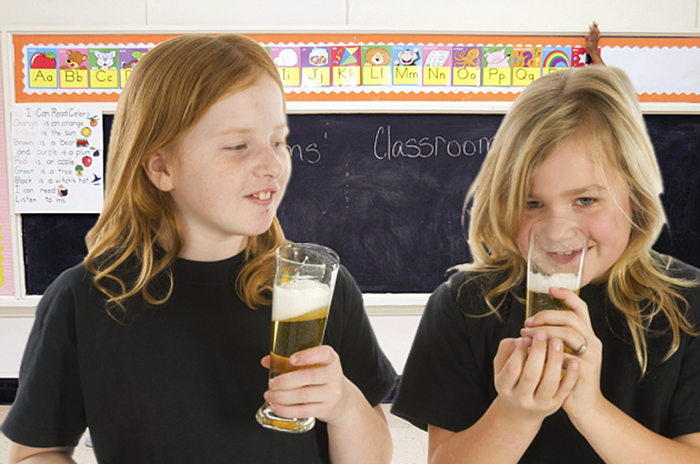
Age appropriateness
Read More : A & W Root Beer Updated 01/2026
Children should not consume non-alcoholic beer due to age appropriateness concerns. While these beverages may contain minimal amounts of alcohol, it is still present and can pose risks for underage individuals.
The taste and familiarity with hops in non-alcoholic beer may potentially contribute to a later inclination towards alcohol use. Therefore, parents should prioritize age-appropriate drinks for their children, such as mocktails, fruit juices, flavored water, and sports drinks aimed at hydration.
Ensuring that children are educated about the potential dangers of consuming alcohol at a young age and setting clear boundaries on what is acceptable will help promote responsible decision-making regarding beverage choices.
Parental guidance and education
Parents play a crucial role in guiding and educating their children about the risks associated with drinking non-alcoholic beer. It is essential for parents to have open and honest conversations with their kids, explaining why it is not advisable for them to consume these beverages.
Parents should emphasize that even though non-alcoholic beer contains minimal alcohol, it can still pose potential health risks if consumed excessively.
To effectively educate their children, parents can use age-appropriate language to explain how alcohol affects the body and brain development in young individuals. They can also highlight the importance of making responsible choices when it comes to beverage options.
By setting clear boundaries and discussing the reasons behind those boundaries, parents can help their children understand the potential dangers of consuming non-alcoholic beer at a young age.
Additionally, parents should encourage their children’s involvement in alternative activities that promote a healthy lifestyle while avoiding exposure to alcohol-related environments. Encouraging hobbies such as sports or arts helps divert their attention from potentially harmful substances like alcohol.
Setting boundaries and moderation
Establishing clear boundaries and teaching children about moderation are crucial when it comes to allowing them to drink non-alcoholic beer. Parents should be responsible for setting age-appropriate limits and explaining the importance of consuming these beverages in moderation.
By establishing these boundaries, children can develop a healthier relationship with alcohol from an early age.
Research shows that introducing children to non-alcoholic beer without proper guidance can lead to confusion about the effects of alcohol. It is essential for parents to have open conversations with their kids about why non-alcoholic beer differs from its alcoholic counterpart, ensuring they understand that it still contains traces of alcohol.
Conclusion
In conclusion, while non-alcoholic beer may seem like a harmless alternative for kids, it is not recommended due to the potential risks involved. Giving children non-alcoholic beer can lead to an unhealthy relationship with alcohol, confusion about its effects, and normalization of underage drinking.
Instead, parents should explore alternatives such as mocktails, fruit juices, flavored water, and sports drinks to cater to their children’s taste preferences without any potential harm or negative consequences.
Sources: https://chesbrewco.com
Category: Beer

